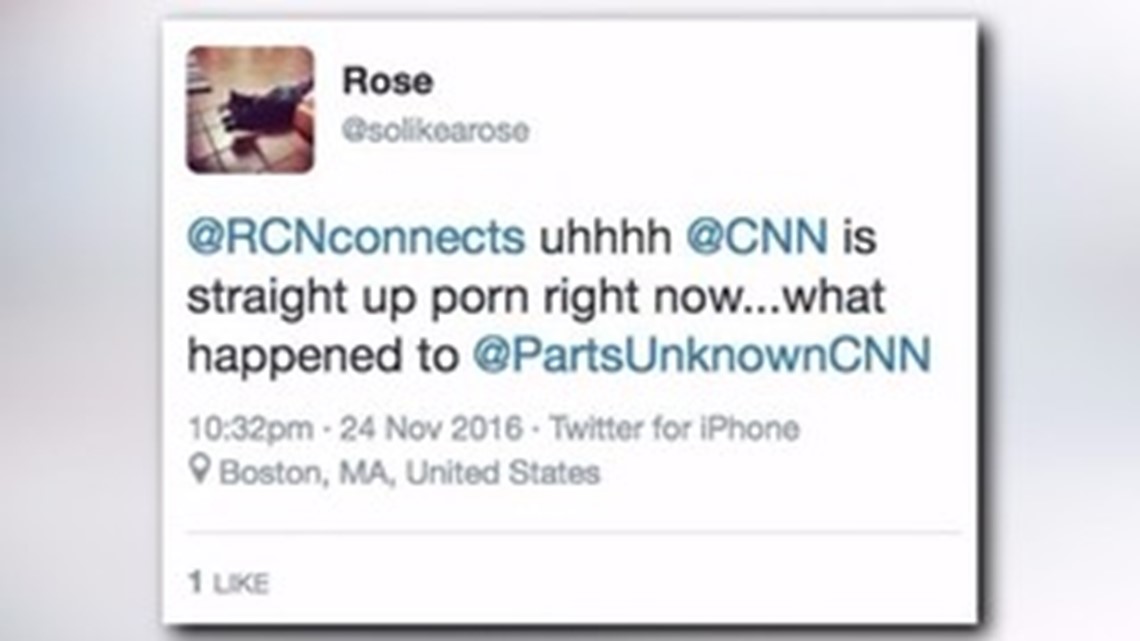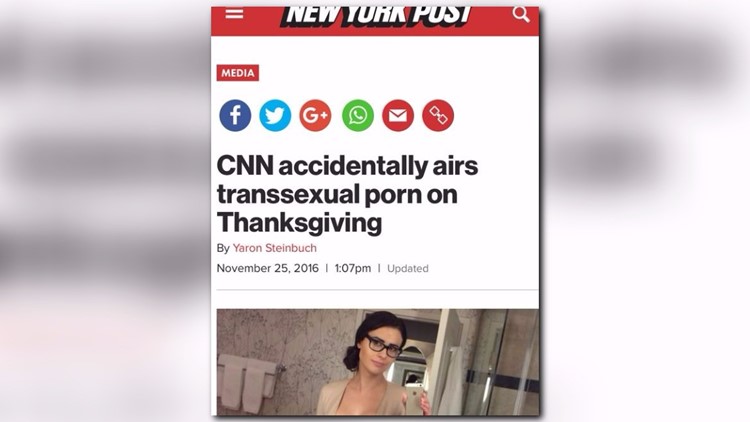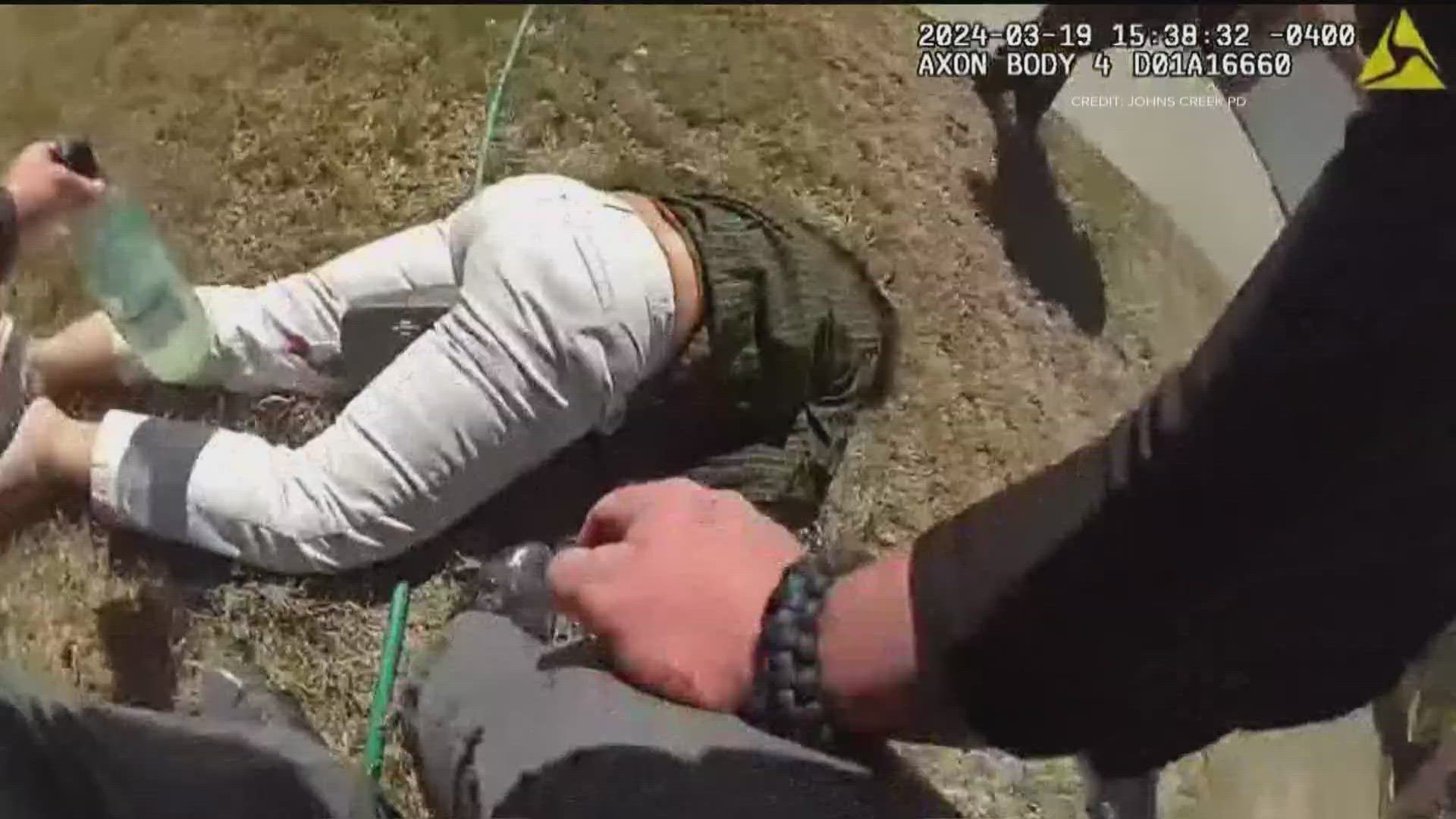LOS ANGELES — No, despite what you read, CNN did not run porn for 30 minutes last night, as was reported by Fox News, the New York Post, Variety and other news organizations, several of which later corrected their stories.
User @solikearose tweeted that Anthony Bourdain's "Parts Unknown," travel show had been replaced, instead, by 30 minutes of porn, via the RCN Boston cable network. That tweet, bolstered by a statement from CNN that seemed to confirm the mishap, was the basis of stories from the U.K Independent and other outlets.


"Despite media reports to the contrary, RCN assures us that there was no interruption of CNN’s programming in the Boston area last night," said CNN in a statement.
RCN chimed in with a similar statement, "We have not had any reports of the programming issue you mentioned," it said in a tweet to @solikarose.
Many of the news outlets have updated their original report with corrections or near total rewrites.
The Next Web still has the original headline about the 30 minutes of porn with an addendum ("probably not.") The Independent switched the headline to "CNN denies airing 30 minutes of hardcore porn." The Blaze suggests the same, but adds "or did the media fall for a hoax?"
The original NY Post story is still up: "CNN viewers feasted their eyes on more parts than they bargained for Thanksgiving night when they tuned in for “Anthony Bourdain: Parts Unknown.” Boston viewers hungry for the popular culinary travelogue instead got a hefty serving of hardcore porn for 30 minutes because of a mistake by cable provider RCN, which provides CNN’s broadcasting down the East Coast."
CNN initially seemed to confirm the mistake, telling Variety that the "RCN cable operator in Boston aired inappropriate content for 30 minutes on CNN last night."
Little is known about @solikearose, but the account is now private. "Sorry guys, weirdos sending me hate mail & dick pics in the wake of #bourdainporn," she says on her Twitter page. "Good luck out there."
But as The Verge points out, "this is exactly how fake news spreads." A click-bait worthy tweet sounds like catnip to reporters, who take the info as fact, and run with it.
Fake news shared on social media, primarily Fakebook and Twitter, was rampant in the run-up in the recent presidential election, when headlines touting Hillary Clinton's sale of arms to ISIS and the Pope's supposed endorsement of Donald Trump made the rounds, even though they weren't true.
Facebook co-founder Mark Zuckerberg says he is trying to get to the bottom of the fake news outbreak. "The bottom line is: we take misinformation seriously," he wrote in a Facebook post recently. "We take this responsibility seriously. We've made significant progress, but there is more work to be done."



